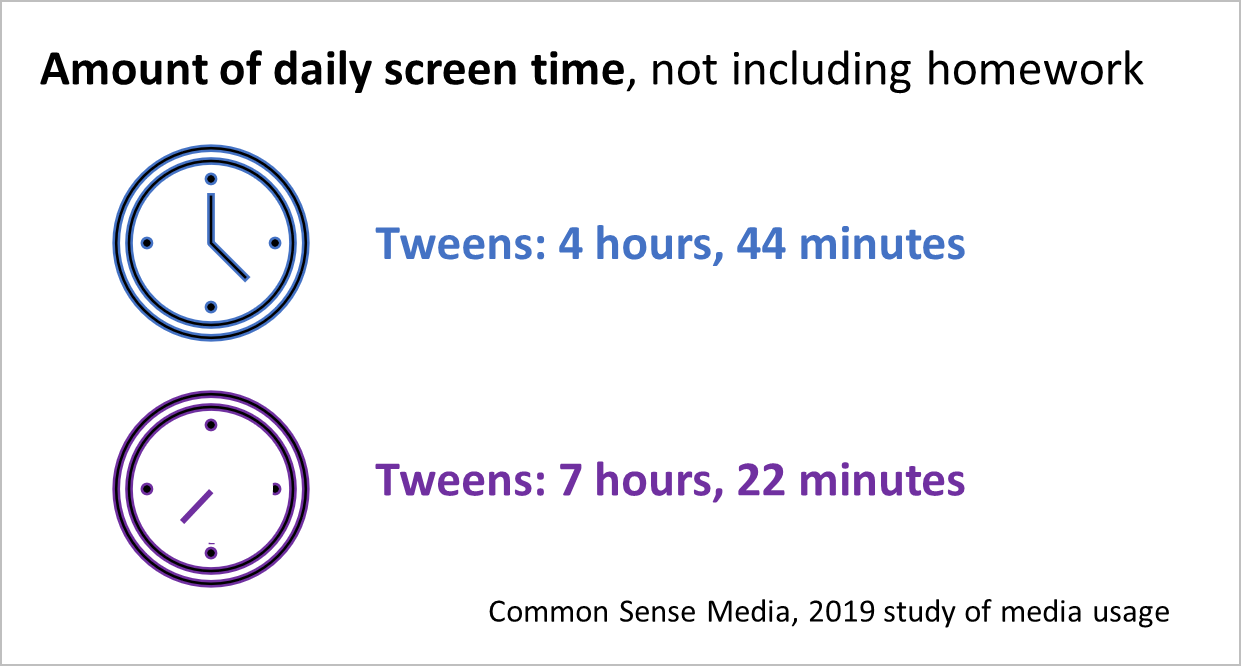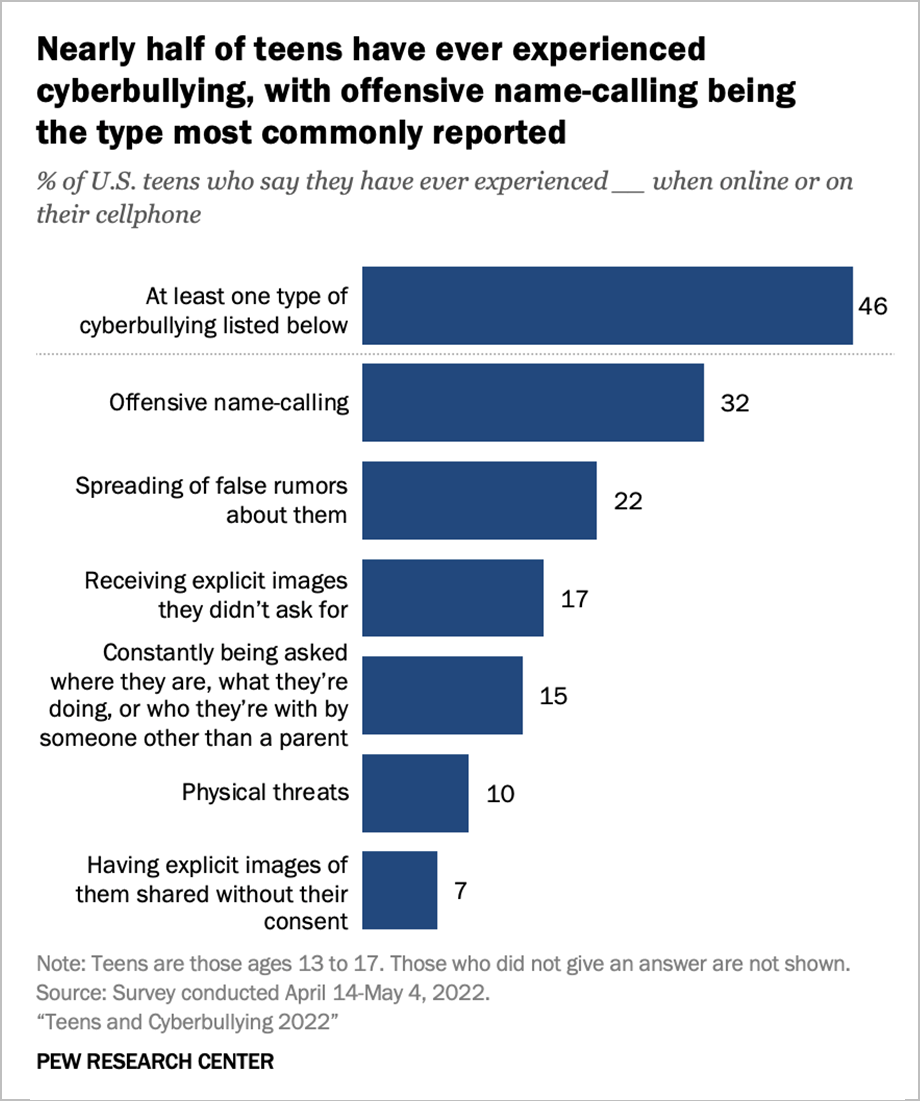Social media has advanced modern communications but has had some very bad effects on American society. For over a decade, America embraced social media without regulating it, but children experienced mental illness much more frequently. In a watershed event, the U.S. Centers For Disease Control & Prevention (CDC), in February 2023, released a report saying six in 10 teenage girls felt persistently sad or hopeless in 2021 and 30% of females in ninth through 12th grade have “seriously contemplated suicide.” Entitled, “U.S. Teen Girls Experiencing Increased Sadness,” the CDC report said, “Teen girls are experiencing record high levels of violence, sadness, and suicide risk.” Now, two new laws recently enacted in Utah are being hailed as a possible solution to the epidemic of mental illness plaguing children, but they raise questions about placing restrictions on the First Amendment to the U.S. Constitution protecting the right to freedom of speech. Here’s what parents need to know. 
Social Media Regulation The two new laws in Utah go into effect on March 1, 2024, and other states are considering similar legislation. California passed an online safety law in 2022. Arkansas, Connecticut, Ohio, and Texas are also considering laws to protect children. States are likely to regulate children’s access to social media in different ways, and advocacy groups for protecting privacy of your personal data and freedom of speech have opposed Utah’s new laws and similar legislation under consideration in other states. The federal government may also act. The Social Media Child Protection Act was introduced in the House of Representatives in Congress in February 2023, and the Kids Online Safety Act was introduced in the Senate in December 2022. It’s hard to predict what Congress will do. The Utah laws require social media platforms to verify the age of all users and children younger than 18 must get a parent’s permission to start an account on platforms such as TikTok, Instagram, and YouTube. Social media companies, under the new Utah laws, are also required to grant parents or guardians access to monitor their child’s accounts and impose a curfew on usage by minors from 10:30 p.m. to 6:30 a.m. without permission from a parent. Social media platforms are barred in Utah from displaying ads to minors, enabling a minor’s account to appear in search results, collecting personal data about minors, and suggesting content to minors. The Utah legislation bans the use by social media companies of algorithms or other features that can cause a minor to become addicted to the platform. The legislation laws create a private right for parents to sue for harm to their child caused by violators. 
What’s The Problem. According to a 2019 Common Sense Media report, “tweens” between eight and 12-years old spent 4:44 hours in front of TV and device screens daily, and teens from 13 to 18-years-old spent 7:22 hours in front of screens. That does not include usage for doing homework. A Pew Research Center survey conducted April 14 to May 4, 2022, found that nearly half of U.S. teens have been bullied or harassed online, with physical appearance being seen as a relatively common reason why. Older teen girls are especially likely to report being targeted by online abuse overall and because of their appearance The two new laws passed by the Republican-controlled state legislature in Utah are attracting attention because they are the first comprehensive regulatory effort empowering parents to supervise a child’s use of social media. However, parents must devise a technology usage plan for their children when they are toddlers. Devices And Screens It is important for parents to separate the use of social media from the use of screens. Long before a child sets up their first social media account, parents will have decided how much time their child is in front of a screen. Parents face this question from the time their three-month-old baby can tap a screen to identify a squirrel or dog. According to Mayo Clinic, children are more likely to learn by interacting with parents and siblings until they’re 2 years old. Screens can speed up learning, but relating to people for toddlers is more important. Limiting screen time to one hour a day until age 12 and, thereafter, adding an hour for school projects may work. Enforcing a policy until a child is age 12 is easy because access to the physical device is easily controlled by a parent. Advocacy groups raise concerns that must be considered. Limits on privacy and freedom of speech are anathema to Americans, but protecting children is sensible. Like parental controls on cable TV settings, and Hollywood movie ratings, parental supervision of a child’s social media accounts can be accomplished without endangering rights to freedom of speech or privacy that are granted under the Constitution. Nothing contained herein is to be considered a solicitation, research material, an investment recommendation, or advice of any kind, and it is subject to change without notice. Any investments or strategies referenced herein do not take into account the investment objectives, financial situation or particular needs of any specific person. Product suitability must be independently determined for each individual investor. Tax advice always depends on your particular personal situation and preferences. You should consult the appropriate financial professional regarding your specific circumstances. The material represents an assessment of financial, economic and tax law at a specific point in time and is not intended to be a forecast of future events or a guarantee of future results. Forward-looking statements are subject to certain risks and uncertainties. Actual results, performance, or achievements may differ materially from those expressed or implied. Information is based on data gathered from what we believe are reliable sources. It is not guaranteed as to accuracy, does not purport to be complete, and is not intended to be used as a primary basis for investment decisions. This article was written by a professional financial journalist for Advisor Products and is not intended as legal or investment advice. |